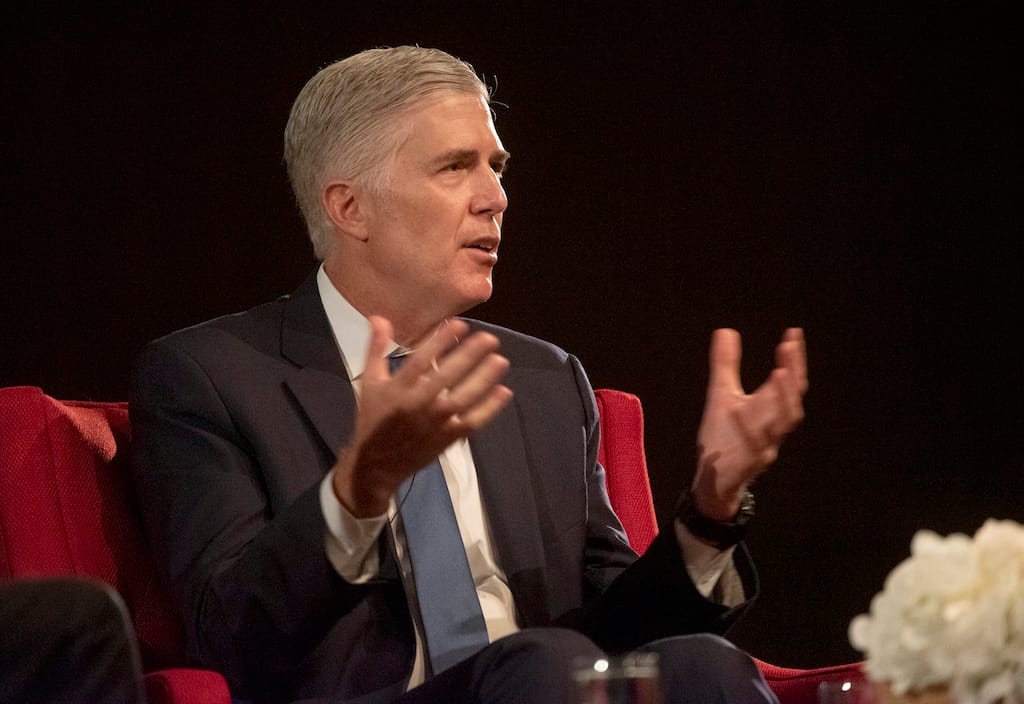High Court Skeptical of Shielding USF from False Claims Act
Justices appeared receptive to a narrow ruling in the government's favor.
Jake Neenan

WASHINGTON, Nov. 4, 2024 – Supreme Court Justices seemed reluctant Monday to side with Wisconsin Bell’s argument that the False Claims Act does not apply to the Universal Service Fund.
They focused on the fact that about $100 million of the fund’s money from 2003 to 2015 came directly from the Treasury in the form of delinquent debts and penalties collected by the government – Justices Sonya Sotomayor, Neil Gorsuch, Amy Coney Barrett, and Chief Justice John Roberts all posed hypotheticals in which the high court ruled against the AT&T subsidiary on those grounds.
The roughly $8 billion-per-year subsidy program is funded by fees levied on telecom providers, with the accounting work managed by a private entity set up by the Federal Communications Commission for that purpose.
That arrangement, Wisconsin Bell has argued, shields the USF from FCA claims. The law mandates triple damages and additional penalties for fraudulently seeking government cash.
The company was originally sued by Todd Heath, a telecom auditor who alleged Wisconsin Bell inflated schools’ telecom bills in a bid to secure more USF funds. The case has turned into a dispute over whether the law applies at all, with Heath and the Solicitor General arguing the government “provides” all USF funding by standing up the program, even if the money flows between private parties.
Justices appeared hesitant to go that far for now, with Gorsuch noting the court could most easily resolve the current circuit split by sticking to the $100 million issue. The Fifth Circuit has ruled the FCA did not apply to the USF without knowledge that some money passed through the Treasury, and the Seventh Circuit ruled the opposite after being presented with that evidence.
Lawyers for both Wisconsin Bell and Heath agreed that would tee up future litigation over how to calculate damages, should the company ultimately be found to have engaged in fraud.
The case is relevant to another challenge likely to be taken up by the Supreme Court. The Biden administration is looking for justices to throw out a Fifth Circuit ruling that found the USF itself unconstitutional, in part, judges said, because the agency improperly delegated some of its authority to the private entity that manages the fund’s day-to-day operations.
Justices might not weigh in on whether or not the Universal Service Administrative Company is an “agent” of the United States here, though. The issue, another path to liability under the FCA, was treated as ancillary in Monday’s oral arguments.









Member discussion